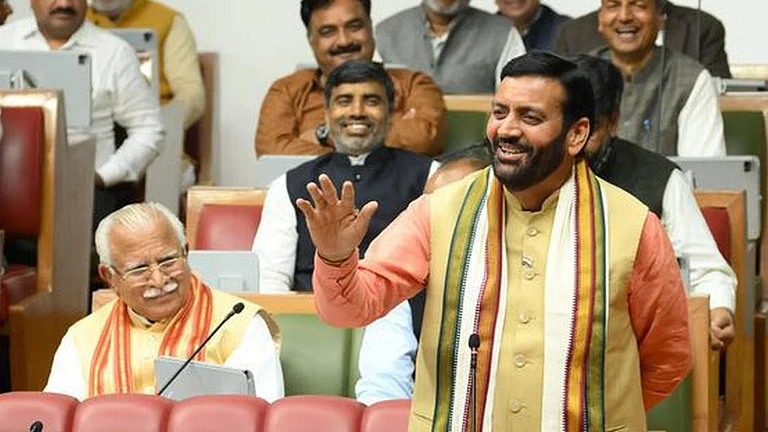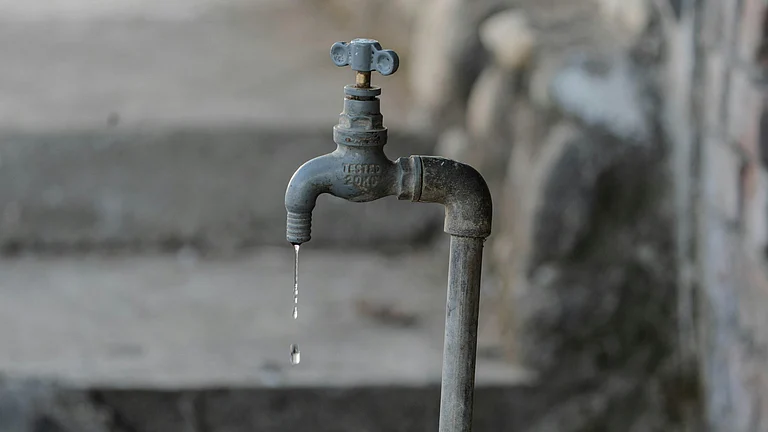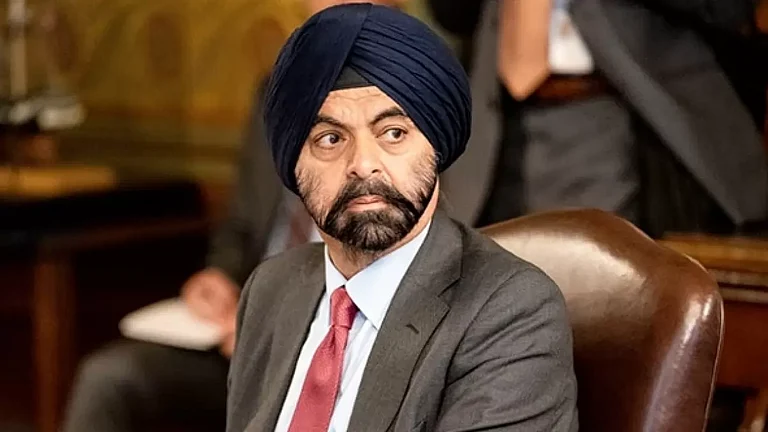India is contemplating significant measures to increase its utilisation of water from the Indus River system, according to a report by Reuters. Under the Indus Waters Treaty (IWT) of 1960, India and Pakistan outlined how the two countries would share the waters of six rivers in the Indus basin. However, India only received 20% of the water from this system while Pakistan enjoyed the remaining 80% for decades.
After suspending India's participation in the treaty, Prime Minister Narendra Modi ordered officials to expedite the planning and execution of projects on the Chenab, Jhelum and Indus rivers, three bodies of water in the Indus system that are designated primarily for Pakistan's use, six people told the news agency.
India is reportedly exploring an ambitious plan to double the length of the historic Ranbir Canal from 60 km to 120 km, significantly enhancing its capacity to divert water from the Chenab River—one of the western rivers allocated to Pakistan under the Indus Waters Treaty (IWT) of 1960.
According to officials familiar with the discussions and documents, the proposed expansion would increase the volume of water diverted through the canal from the current 40 cubic meters per second to as much as 150 cubic meters per second, the report said. While India is permitted to use the Chenab's waters for irrigation and non-consumptive uses under the IWT, this scale of diversion represents a substantial escalation and would require major infrastructure development, likely to take several years.
Indus Waters Treaty Suspension
India put IWT in abeyance as a retaliatory measure to cross-border terrorism. On April 22, civilians were killed in Jammu and Kashmir's Pahalgam tourist site reportedly based on their religion. Terrorists targeted 26 men, most of them were tourists from the Hindu community. New Delhi identified that two out of three terrorists involved are from Pakistan.
Even as Islamabad denied its involvement in the terrorist attack, Pakistani Defence Minister Khwaja Asif admitted Pakistan's history of funding terror during an interview with Sky News. On the other hand, recently, Pakistan's Air Vice Marshal Aurangzeb Ahmed referred to the Pulwama attack as their "tactical brilliance."
In a resolute address to the nation on Monday, Modi defended the Centre’s action regarding the IWT and said, "Terror and talks cannot go together; water and blood cannot flow together."
Reportedly, Pakistan recently urged India to reconsider its stance on IWT suspension after both neighbours reached an "understanding" to halt military action. India also reiterated that it will maintain the suspension of the treaty until Pakistan credibly withdraws itself from terror-funding.


































